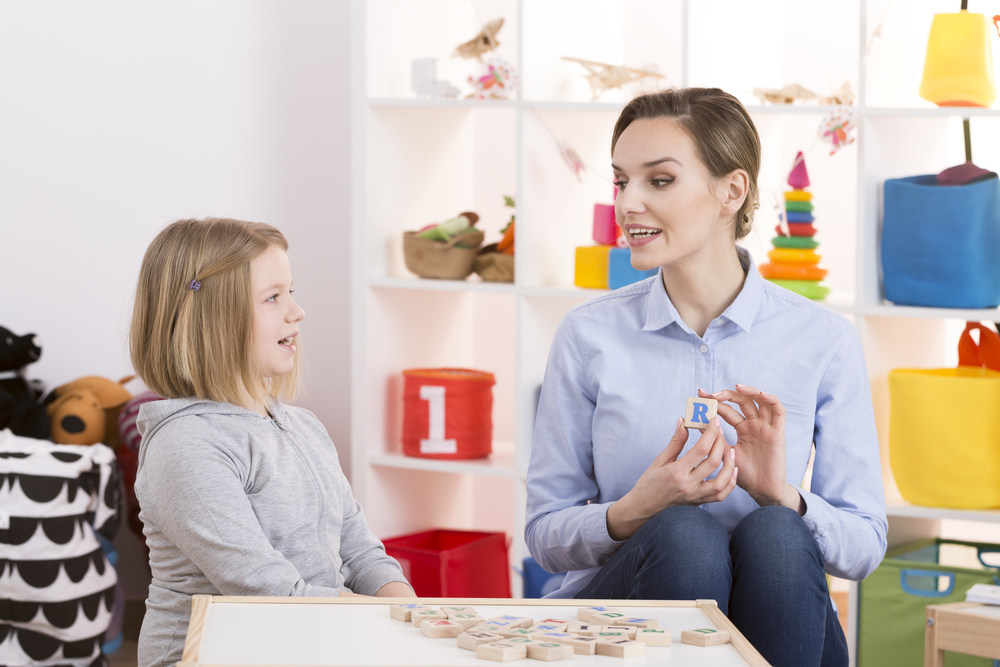Children often don’t have the words to express complex feelings, especially when they’re overwhelmed or going through a difficult time. That’s where play therapy comes in. Through toys, storytelling, art, and movement, young children are able to communicate in the language they know best—play.
Play therapy creates a safe and supportive environment where children can process emotions, work through challenges, and develop new coping skills. It meets kids where they are developmentally and helps them grow emotionally from the inside out.
What Is Play Therapy?
Play therapy is a developmentally appropriate approach used to support children ages 3–12 in expressing themselves, exploring difficult experiences, and building emotional resilience. Instead of relying solely on verbal conversation, children use play to show how they’re feeling.
In a typical session, a child might:
- Act out a story using dolls or figurines
- Draw pictures to represent a fear or memory
- Build something and explain what it means
- Play out themes of loss, safety, or conflict through roleplay
A trained therapist observes, engages, and gently guides the child to help make sense of what’s coming up—without interrupting the child’s natural way of processing.
The Importance of Emotional Safety in Play
Before children can express what they’re feeling, they need to feel safe enough to explore those emotions. Play therapy helps build this emotional safety by creating a predictable environment where the child is in control. The therapist follows the child’s lead and avoids judgment or pressure, which supports trust and emotional openness.
This sense of safety is especially important for children who have experienced trauma, separation, or emotional upheaval. When children know that their feelings—no matter how big or messy—are welcome, they’re more likely to begin processing them in healthy ways.
When Is Play Therapy Helpful?
Play therapy is beneficial for a wide range of emotional and behavioral concerns. Children may not always be able to explain why they’re struggling, but signs often show up in their behavior.
Play therapy can support children dealing with:
- Anxiety or phobias
- Anger outbursts or irritability
- Grief or parental separation
- Trauma or medical procedures
- Social difficulties or bullying
- Sensory sensitivities or emotional overwhelm
Even children who aren’t in crisis can benefit from play therapy. It’s a space where they learn to name feelings, build emotional tools, and feel safe being themselves.
Key Techniques Used in Play Therapy
Therapists may use a variety of play-based techniques, tailored to the child’s age, preferences, and needs. A few common approaches include:
- Directive play therapy: The therapist introduces specific activities to address goals (like drawing feelings or using a sand tray to talk about a family change).
- Non-directive play therapy: The child leads the session while the therapist observes, offering support and reflection only when needed.
- Therapeutic storytelling: Stories are used to help children process difficult themes and imagine new possibilities.
- Art and creative expression: Drawing, painting, and crafting help externalize feelings and improve regulation.
- Movement-based play: Activities like yoga, stretching, or dancing can help with sensory processing and body awareness.
These techniques may seem simple, but they’re grounded in research and are often deeply effective at helping children feel understood and empowered.
How Parents Are Involved in the Process
Parents are a vital part of the play therapy process. While most sessions focus on the child, therapists often meet with caregivers to share insights, offer strategies, and explore how to support the child’s growth outside of therapy.
You might receive guidance on:
- How to respond to emotional outbursts
- Ways to structure routines and transitions
- How to reinforce skills like self-soothing or asking for help
- Understanding behavior as communication
With parental involvement, therapy becomes a team effort that strengthens your connection with your child and supports lasting emotional change.
Signs That Play Therapy Is Working
Progress in play therapy may look different than in adult therapy. You might not get detailed updates from your child, but subtle shifts often signal that healing is taking place.
Signs of progress may include:
- Fewer meltdowns or shorter emotional outbursts
- Improved transitions or bedtime routines
- More imaginative or expressive play at home
- A greater willingness to talk about feelings or ask for help
- Increased confidence or problem-solving skills
These changes often happen gradually, and your therapist can help you recognize the small steps that add up to meaningful growth.
Helping Kids Heal and Grow Through Play
Children don’t need to explain their feelings in adult terms to heal. In play therapy, they’re given the space to express themselves naturally—without pressure or judgment. Over time, many children become more confident, emotionally regulated, and resilient through this gentle and effective approach.
At The Psyched Group, our therapists provide play therapy in East Bridgewater and Middleborough, MA, and offer virtual parent support and guidance across Massachusetts. Whether your child is facing a specific challenge or simply needs a safe space to process emotions, we’re here to help.
To learn more about how therapy supports emotional growth, visit our Child Therapy page.
Find a Therapist to connect with a provider who can help your child heal and grow through play.

